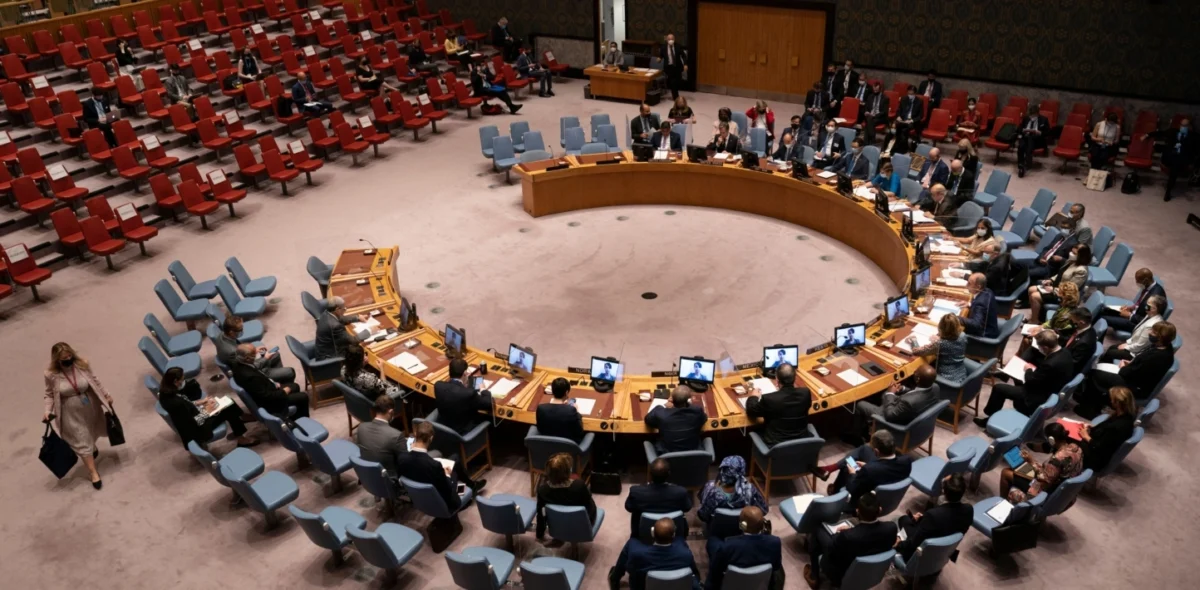Amnesty International in a statement on Thursday said the United Nations Security Council (UNSC) closed-door meeting on Afghanistan – which will be held Friday, Jan. 13 – must focus on how to reverse the stifling ban by the Taliban on women and girls from accessing work, education, sports and public spaces said Amnesty International today.
On 24 December 2022, the Taliban, Taliban ordered all local and foreign NGOs not to employ female employees. On 20 December, they ordered all universities not to accept women students until further notice.
In November 2022, women were denied the right to enter parks and gyms in the country. Since the Taliban takeover in mid-2022, women have been prevented from participating in sports, while secondary schools for girls have been shuttered nationwide.
“It is imperative that the UN Security Council halts the steep decline in women and girls’ rights in the country,” said Yamini Mishra, Amnesty International’s Regional Director for South Asia. “The world watches as the Taliban systematically decimate women’s rights through numerous discriminatory restrictions rolled out by them in quick succession over the last few months.”
“The UNSC must call not only for the Taliban to urgently lift their restrictions on women and girls, but also for an end to their crackdown on anyone who dares to protest against these constraints in Afghanistan,” Mishra said.
With poverty rates skyrocketing, the Taliban’s decision to ban women from working with NGOs is pushing the country further into a humanitarian crisis, Amnesty International said.
It added that the restriction has already contributed to rising levels of acute food insecurity and malnutrition, while women’s access to basic rights, including health and education, remains diminished.
“It is almost impossible to access women in the community (with the new Taliban`s decision). Women were identifying women beneficiaries. They were screening women beneficiaries. Women were helping in delivering assistance to women,” said Mahmud, an employee of an international NGO in Afghanistan as quoted by Amnesty International.
With Afghan women and girls already denied access to secondary and tertiary education, the ban on women working with NGOs will also prevent students from accessing education through community-based education systems.
Such programs were the only way about 3.7 million out-of-school children, about 60 percent of whom are girls, could still access schooling in pre-Taliban era, Amnesty International says.
“With these restrictions, women and girls will not work as teachers, nor attend free courses as students that they previously accessed in some of the cities. These bridge courses provided education on different school subjects, including English,” said Ahmad, an employee of an organization that provides community-based education.
The watchdog says the Taliban’s cruel restrictions on women’s and girls’ rights are a collective punishment for the entire population, women in particular.





